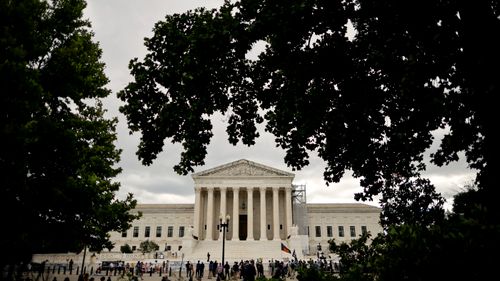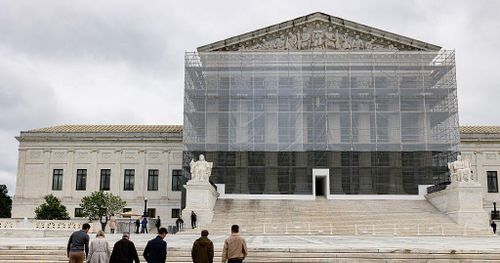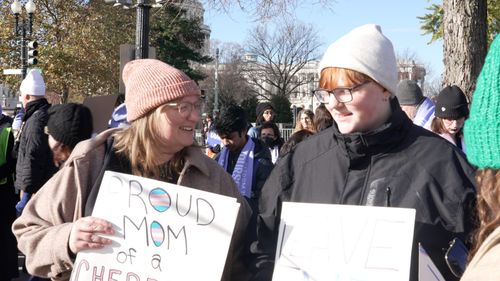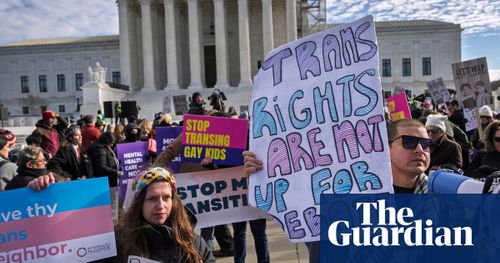Supreme Court Upholds Tennessee’s Ban On Transgender Drugs For Children
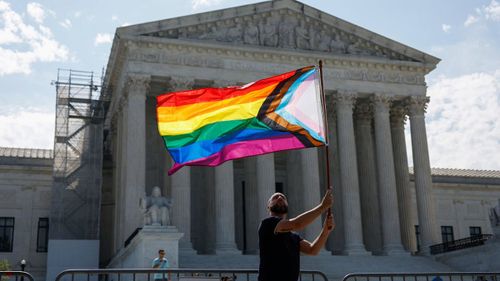
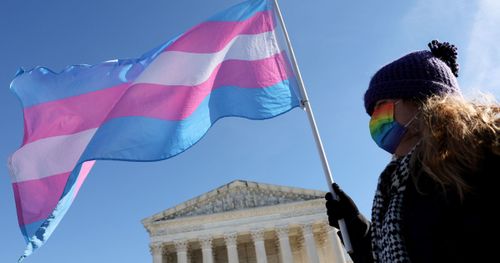
The Supreme Court on Wednesday upheld a Tennessee law restricting gender transition care for minors, delivering a major blow to transgender rights. The 6-3 ruling is likely to have a broad impact as 24 other states have already enacted laws similar to the one in Tennessee, which bars gender transition surgery, puberty blockers and hormone therapy. The court was divided on ideological lines, with the six conservatives in the majority and the three liberals in dissent. Those laws now look set to survive similar legal challenges. The ruling does not affect states that do not have such bans, meaning care in those states will still be available.
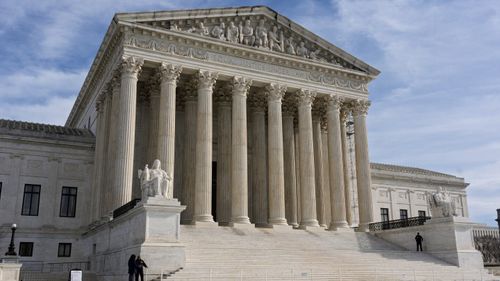
The Supreme Court on Wednesday upheld Tennessee’s ban on gender-affirming care for transgender minors, a stunning setback to transgender rights. The justices’ 6-3 decision in a case from Tennessee effectively protects from legal challenges many efforts by President Donald Trump’s Republican administration and state governments to roll back protections for transgender people. Another 26 states have laws similar to the one in Tennessee. The decision comes amid a range of other federal and state efforts to regulate the lives of transgender people, including which sports competitions they can join and which bathrooms they can use. In April, President Donald Trump’s administration sued Maine for not complying with the government’s push to ban transgender athletes in girls sports.

The Supreme Court ruled Wednesday that a Tennessee law banning gender-transition treatments for adolescents in the state is not discriminatory. At issue in the case, United States v. Skrmetti, was whether Tennessee's Senate Bill 1, which "prohibits all medical treatments intended to allow 'a minor to identify with, or live as, a purported identity inconsistent with the minor's sex' or to treat 'purported discomfort or distress from a discordance between the minor's sex and asserted identity,'" violates the Equal Protection Clause of the Fourteenth Amendment. Writing for the majority, Chief Justice John Roberts said that the law in question is not subject to heightened scrutiny "because it does not classify on any bases that warrant heightened review."

